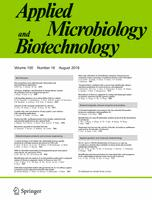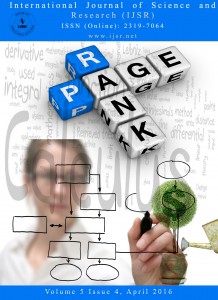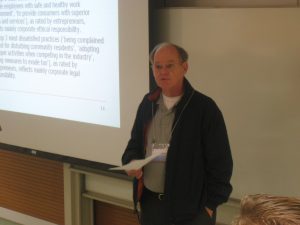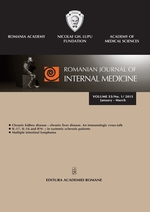 A medical journal in Romania has issued a lifetime ban for a researcher after retracting four of his papers.
A medical journal in Romania has issued a lifetime ban for a researcher after retracting four of his papers.
Since April, the Romanian Journal of Internal Medicine (RJIM) retracted nine papers (eight for plagiarism, one for duplication); four of these were co-authored by Manole Cojocaru, a researcher at the Titu Maiorescu University (TMU) in Bucharest, Romania. Subsequently, the journal has banned Cojocaru from submitting manuscripts, and has also informed the ethics committee at his institution.
Here’s the retraction notice, which is the same for six of the papers: Continue reading Romanian journal bans author following 4 retractions
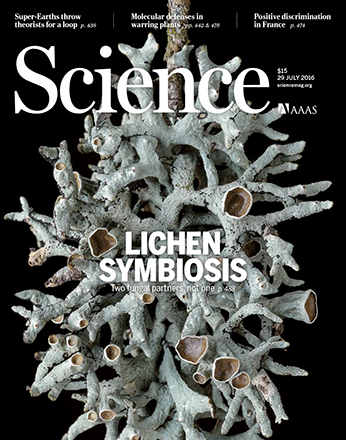 Science is considering adding an expression of concern (EOC) to a June paper that
Science is considering adding an expression of concern (EOC) to a June paper that  A journal has retracted a paper for a somewhat unusual reason — and swapped the article with an entirely new paper by different authors.
A journal has retracted a paper for a somewhat unusual reason — and swapped the article with an entirely new paper by different authors.
